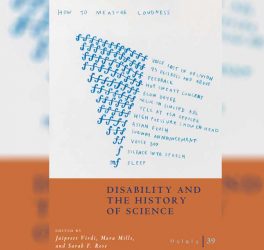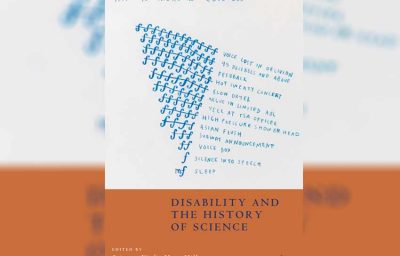
Offering a serene portrayal of a farm where persons with disabilities contribute, a Japanese documentary seeks to illuminate the everyday experiences of those often overlooked.
Originally conceived as a response to a tragic act of ableism, wherein 19 care home residents were senselessly killed eight years ago, “Fujiyama Cottonton” took a different path. Director Taku Aoyagi maintained a clear purpose, pivoting towards a more hopeful narrative.
“What motivated me the most to create this film was the 2016 incident at Yamayuri En,” the 30-year-old director said, Referring to one of Japan’s most appalling mass murders, wherein residents of a nursing home in Sagamihara, Kanagawa Prefecture, were targeted.
Satoshi Uematsu, 34, the convicted murderer now on death row, was an employee of Yamayuri En. He injured 26 others in the incident, many of them seriously. At his trial, he stated that persons with disabilities who cannot communicate their thoughts “create unhappiness” for others. He justified his crime as being “useful to society.”
“I felt a sense of urgency (to make the film) from the fact that Uematsu determined the value of human life, and there seems to be an atmosphere that his discourse was being disseminated through society,” Aoyagi said in a recent interview with Kyodo News.
In the film, Aoyagi endeavors to depict how individuals at the welfare facility lead enriching lives through communication and pursuit of simple joys, reflecting those without disabilities. Raised in Yamanashi Prefecture, near Mount Fuji in central Japan, Aoyagi frequently visited a welfare facility where his mother worked. This establishment later evolved into “Mirai Farm” (Future Farm) in 2005, serving as the setting for the 95-minute documentary. The film portrays members of the facility, adjacent to a cotton field, indulging in relaxation and various activities, including tending to flowers, crafting fabrics from harvested cotton, and engaging in other pursuits. Some members receive compensation for their contributions.
Reflecting on his childhood experiences, Aoyagi reminisced about the earlier facility, noting, “At that time, I never recognized that the people were disabled nor thought about their social circumstances. What I remember is that when I went there, they took care of me and played with me.” He added that they showed interest in his homework during his visits, fostering “a self-affirming atmosphere.”
As he matured and gained insight into their disabilities, Aoyagi’s journey of creating his first documentary film, “The Road He Walks: A Story of He-kun,” which depicted interactions between a mentally disabled man and individuals in Aoyagi’s hometown, heightened his awareness of the facility from his youth. He mentioned that some of the individuals from that period make appearances in the new film.
In contrast to his debut film premiered in 2017, Aoyagi’s latest creation delves into the daily lives and relationships of individuals at Mirai Farm, meticulously crafting each of their unique narratives.
The documentary spotlights a poignant friendship between two women who meticulously weave fabrics, alongside a man whose passion for photography evolves from capturing scenic landscapes to documenting the companionship and activities within the facility.
While some individuals featured in the film may have minimal dialogue, their nonverbal cues speak volumes, offering profound insight to the audience.
Aoyagi expressed his desire for viewers to truly grasp the reality of life within a facility for individuals with disabilities, rather than leaving it to mere imagination.
Premiering in Tokyo last Saturday, the film is scheduled for theatrical screenings in other major Japanese cities.








